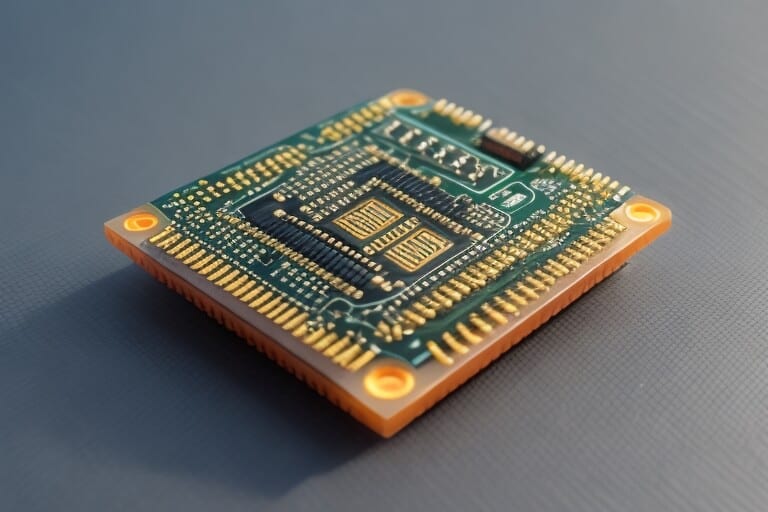IBM’s NorthPole Microchip Accelerates AI Image Recognition 22 Times Faster Than Competing Chips

- October 23, 2023
- allix
- AI Projects
A substantial team of computer experts and engineers at IBM Research has designed a dedicated computer microchip capable of executing AI-driven image recognition applications at a rate 22 times faster than presently available chips.
In their paper, recently released in the journal Science, the team outlines the concepts behind the chip’s development, its operational principles, and its performance during testing. Subramanian Iyer and Vwani Roychowdhury, both affiliated with the University of California, Los Angeles, have contributed a comprehensive analysis of the California team’s work in the same journal issue.
As AI-driven applications become widely adopted tools for both professionals and enthusiasts, scientists are tirelessly striving to enhance their capabilities. Iyer and Roychowdhury suggest that one approach to achieving this goal is transitioning towards an “edge” computing system, in which data is situated in close physical proximity to the AI applications that utilize it.
For instance, commercial applications like ChatGPT depend on internet-accessible data, which introduces time delays. In this recent endeavor, the IBM research team has successfully designed and constructed a microchip, dubbed “NorthPole,” that fuses the processing module with the data it requires. Their chip’s design is inspired by the functioning of the human brain.
The microchip utilizes a two-dimensional array of memory blocks and interconnected central processing units (CPUs) to perform its tasks. Its entirely digital architecture facilitates seamless communication between computing cores and distant blocks, as well as nearby ones, thereby allowing the chip to process data and provide prompt responses.
The research team conducted identical applications on their chip and several others available in the market, including NVIDIA GPUs. Notably, NorthPole outperformed all other chips, completing tasks up to 22 times faster and demonstrating faster transistor speeds.
The researchers acknowledge one significant drawback of their new chip—it is exclusively tailored for specialized AI processes, incapable of handling training procedures or running extensive language models such as ChatGPT. They anticipate testing the connection of multiple NorthPole chips, a development they believe will overcome its existing limitations.
Categories
- AI Education (37)
- AI in Business (62)
- AI Projects (85)
- Research (57)
Other posts
- The Complete List of 28 US AI Startups to Earn Over $100 Million in 2024
- Keras Model
- Scientists Develop AI Solution to Prevent Power Outages
- NBC Introduces AI-Powered Legendary Broadcaster for Olympic Games
- Runway Introduces Video AI Gen-3
- Horovod – Distributed Deep Learning with TensorFlow and PyTorch
- Research Reveals Contradictory Positions Of AI Models On Controversial Issues
- Using AI to Understand Dog Barking
- The Autobiographer App Uses Artificial Intelligence To Record Your Life Story
- Chainer – Dynamic Neural Networks For Efficient Deep Learning
Newsletter
Get regular updates on data science, artificial intelligence, machine



